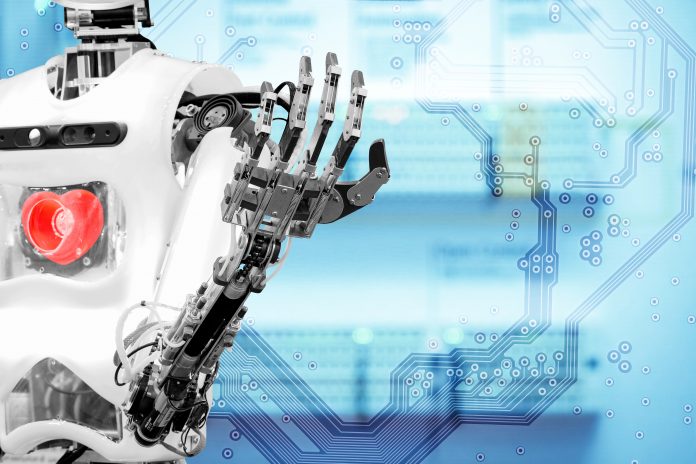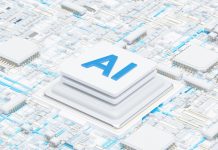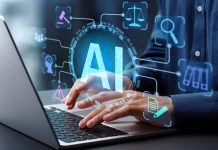Guillermo Garcia from EU-Japan Centre for Industrial Cooperation, charts the development of artificial intelligence (AI) technology for medical and industrial purposes in Japan
Japan has positioned itself as a powerful and mainly independent force in the aspect of technological innovations that is progressive and in tune with that of other developed nations on the global map. With more interest in robotics as sub-domains of artificial intelligence, Japan prides itself as a pivotal nation in the development of artificial intelligence (AI) technology for medical and industrial purposes.
Society 5.0
The Japanese Government is betting on AI to rewrite Japan’s plan for the future and place Japan in a quintessential place among the league of technologically developed nations. In January 2016, the Japanese Government published its 5th Science and Technology Basic Plan in which it sets the goal for Japan to become a “Society 5.0”. Society 5.0 is Japan’s vision for the next step in human evolution. It comes after hunter-gather, agrarian, industrial and information societies. This new society is supposed to enhance industrial competitiveness and help with the establishment of a society more in tune with individual needs. It recognises the vast potential of accumulating data and new technologies, to find solutions to urging social issues, like the declining birth rate, a rapidly ageing population and energy and environmental matters.
According to the Social Principles of Human-Centric AI document published in February 2019, Society 5.0 is a sustainable human-centric society that implements AI, the Internet of Things (IoT), robotics and other cutting- edge technologies to create unprecedented value. Inadequate funding and lack of versatility in creativity have been the historical factors associated with AI development in Japan. But the times have changed and new data shows that the country is re-pivoting itself as a future AI force with increasing advent of small, promising AI start-ups taking shapes around the country.
Japan’s ageing population
Japan’s population is ageing fast and shrinking. Some reports fear that Japan’s total population could fall to around 87 million by 2050, which is a staggering 30%. As a result, in 2050, there will only be 2.1 workers supporting an aged dependent. That compares with 3.9 workers supporting an aged dependent in 2000 and 5.8 in 1990. This ageing society will benefit those companies providing opportunities for the elderly to remain in the workforce longer and also helping them engage in volunteering, care and creative activities. These offer both social and economic benefits and relieve some of the fiscal pressures related to ageing societies. Human pose detection is a critical application for elderly care robots for quick responses when accidents or falls happen.
The Toyohashi University of Technology developed a method to evaluate various human poses using deep learning with depth data gathered from twin cameras installed in elderly care robots. The Japanese AI industry is not the most competitive on a global scale. Just around 2% of research papers published on AI come from Japan. Several venture capital funds have set up in Japan with a focus on AI Realtech Fund, target technology start-ups and is one case into which Japanese companies have invested money. This fund is one of the most important venture capital funds in Japan, including only private-sector companies. Investments cover ten fields, including AI. The Cabinet Office Council on industrial competitiveness has announced that the introduction of self-driving cars, drones and technologically enhanced production management, including smart factories, is expected to raise Japan’s productivity.
The Prime Minister Shinzo Abe himself said the following: “The key of the second stage of Japan’s growth strategy is the realisation of the fourth industrial revolution. Individualised services and new business models tailored to each individual will be created as a result of IoT and robots. All factories and shops will be connected through IoT, enabling zero inventory and instantaneous order-made production. This could represent a game-changer for industry as we know it.”
According to a study by Ernst & Young Institute, the size of the AI market is expected to reach 23 trillion in 2020, a six-fold increment. Moreover, by 2030, the market size will reach about JPY 87 trillion. The transport sector, including driverless taxis and trucks, will exhibit the most significant increase over the estimated period and is expected to reach JPY 30.5 trillion by 2030. The manufacturing sector that includes self-driving vehicles is predicted to grow to nearly JPY 12.2 trillion by 2030.











